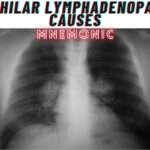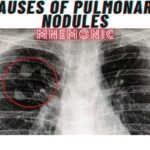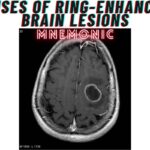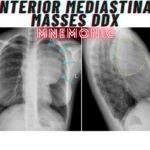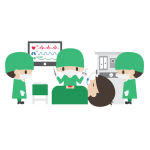We’ve all been there — 3 a.m., post-call, trying to localize a motor lesion while half the brain is asleep and the other half is Googling “UMN vs LMN in 30 seconds.” 🤯
Motor neuron lesions love to show up in OSCEs and ward rounds like they own the place. And clinically? Let’s just say I’ve had more “neurological plot twists” at SKBZ Quetta than in an episode of House MD.
So let me give you what I wish someone gave me back then:
A mnemonic that actually works — no Greek tragedies, just pure neuro logic with a pinch of sarcasm and a solid clinical lens.
🎯 UMN vs LMN Mnemonic: “WUFL”
| Feature | Upper Motor Neuron (UMN) 📡 | Lower Motor Neuron (LMN) 🔌 |
|---|---|---|
| W – Weakness | Spastic (pyramidal pattern) | Flaccid |
| U – Upgoing Babinski | Present (Babinski +) | Absent (Babinski -) |
| F – Fasciculations | Absent | Present |
| L – Loss of Reflexes | Hyperreflexia | Hyporeflexia/areflexia |
| Tone | Increased (clasp-knife) | Decreased |
| Atrophy | Disuse, late-onset | Rapid and severe |
“WUFL” mnemonic covers the four horsemen of motor neuron signs. Here’s how I use it during assessments:
- W – Check for the type of weakness
- U – Elicit Babinski (plantar reflex)
- F – Look for fasciculations (especially in tongue, deltoid, calf)
- L – Tendon reflexes: hammer time 🎯
It’s clean, fast, and works even when your brain is running on chai fumes and last night’s call room crackers.
💡 Quick tip for your clinical practice: If your reflex hammer flies off the tendon like a bullet from recoil — UMN is your culprit. If the tendon yawns back at you? LMN’s in town.
💬 Practical Experience from Quetta
One of my most memorable cases at SKBZ was a middle-aged farmer from Mastung with left-sided weakness. The intern whispered, “Could be stroke…?” I asked him, “Did you check Babinski?”
He paused like I’d just asked him for his Netflix password. 😅
Sure enough — upgoing toe, spastic tone, brisk reflexes. UMN it was.
Moral of the story? You don’t need a CT scan to localize. Sometimes, just a pin, reflex hammer, and Babinski can do what machines can’t — tell the story.
The best part about neuro is that the lesion talks — if you just listen (and stop rushing to order MRIs like it’s a pizza). Whether you’re prepping for FCPS, MRCP, or surviving a 36-hour call at a public hospital — remember:
- 🧠 UMN = Up Reflexes, Up Tone
- 🔌 LMN = Loose Everything
I hope that you find this medical useful in your studies/clinical practice. Happy learning! 🙂
Authored by:
Dr. Aurangzaib Qambrani
MBBS | PLAB | MRCP-UK
General Medicine, Gastroenterology & CCU
Sheikh Khalifa Bin Zayed Hospital, Quetta 🏥

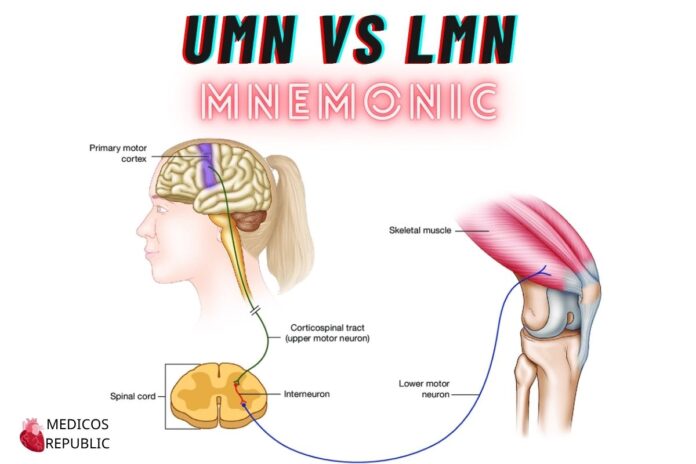
![How to Remember Southern, Northern, and Western Blot Tests [Mnemonic] How to Remember Southern, Northern, and Western Blot Tests](https://www.medicosrepublic.com/wp-content/uploads/2025/06/How-to-Remember-Southern-Northern-and-Western-Blot-Tests-218x150.jpg)
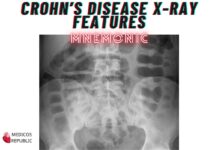
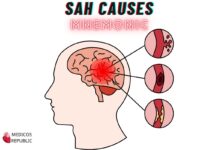
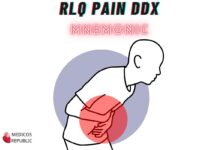
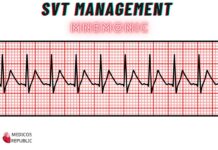
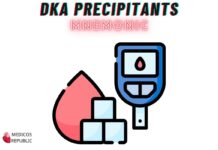

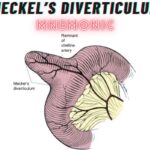
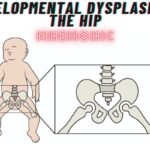
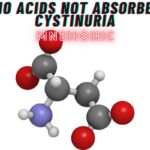
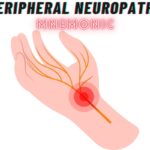
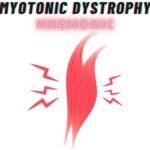
![Gerstmann Syndrome Features Mnemonic [Easy-to-remember] Gerstmann Syndrome Features Mnemonic](https://www.medicosrepublic.com/wp-content/uploads/2025/06/Gerstmann-Syndrome-Features-Mnemonic-150x150.jpg)
![Cerebellar Signs Mnemonic [Easy to remember] Cerebellar Signs Mnemonic](https://www.medicosrepublic.com/wp-content/uploads/2025/06/Cerebellar-Signs-Mnemonic-150x150.jpg)
![Seizure Features Mnemonic [Easy-to-remember] Seizure Features Mnemonic](https://www.medicosrepublic.com/wp-content/uploads/2025/06/Seizure-Features-Mnemonic-1-150x150.jpg)
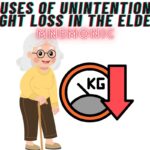
![Recognizing end-of-life Mnemonic [Easy to remember]](https://www.medicosrepublic.com/wp-content/uploads/2025/06/Recognizing-end-of-life-Mnemonic-150x150.jpg)
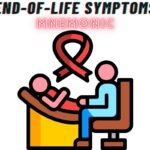
![Multi-System Atrophy Mnemonic [Easy-to-remember] Multi-System Atrophy Mnemonic](https://www.medicosrepublic.com/wp-content/uploads/2025/06/Multi-System-Atrophy-Mnemonic-150x150.jpg)
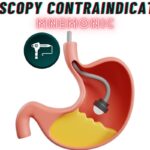
![How to Remember Southern, Northern, and Western Blot Tests [Mnemonic] How to Remember Southern, Northern, and Western Blot Tests](https://www.medicosrepublic.com/wp-content/uploads/2025/06/How-to-Remember-Southern-Northern-and-Western-Blot-Tests-150x150.jpg)

